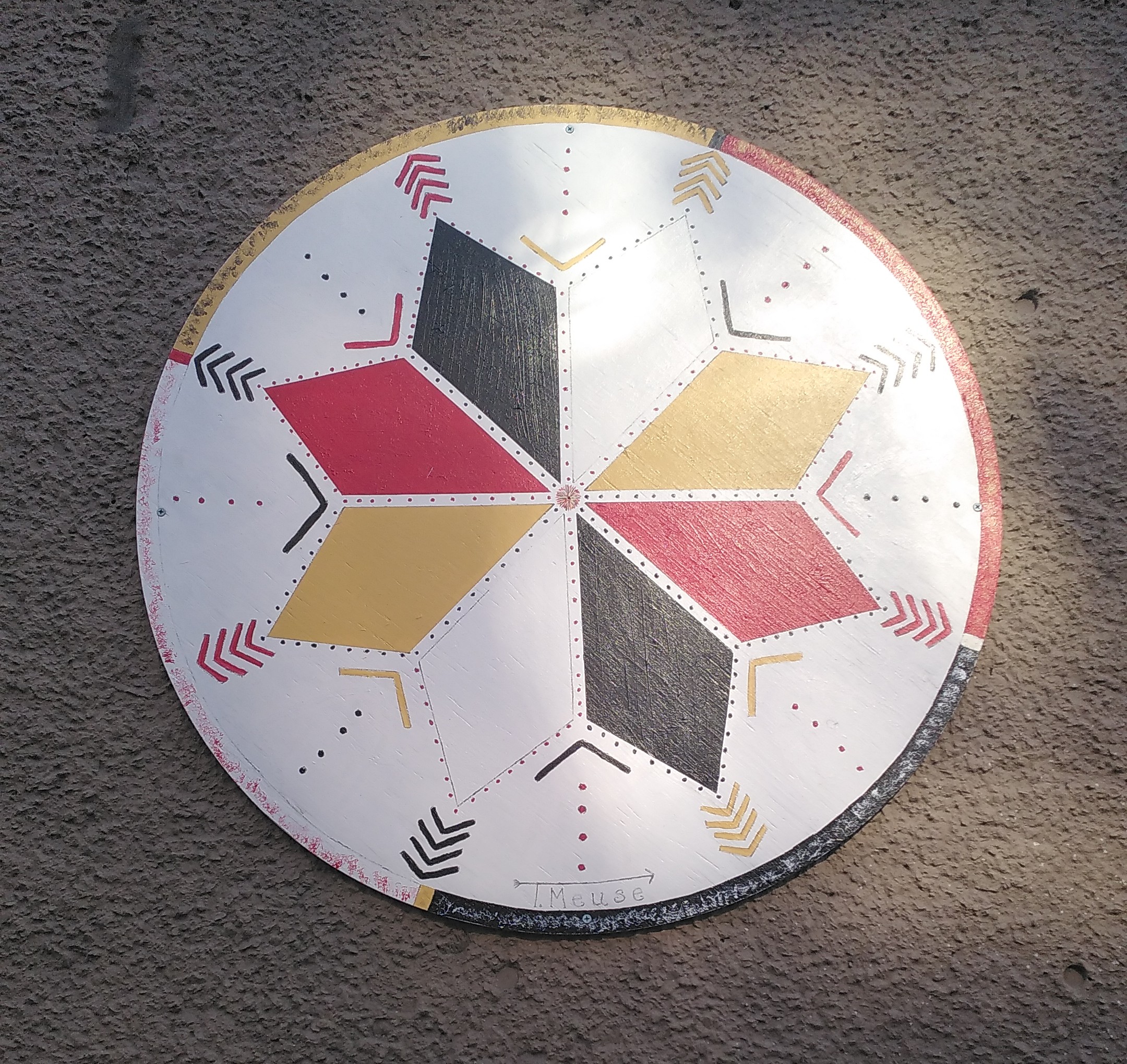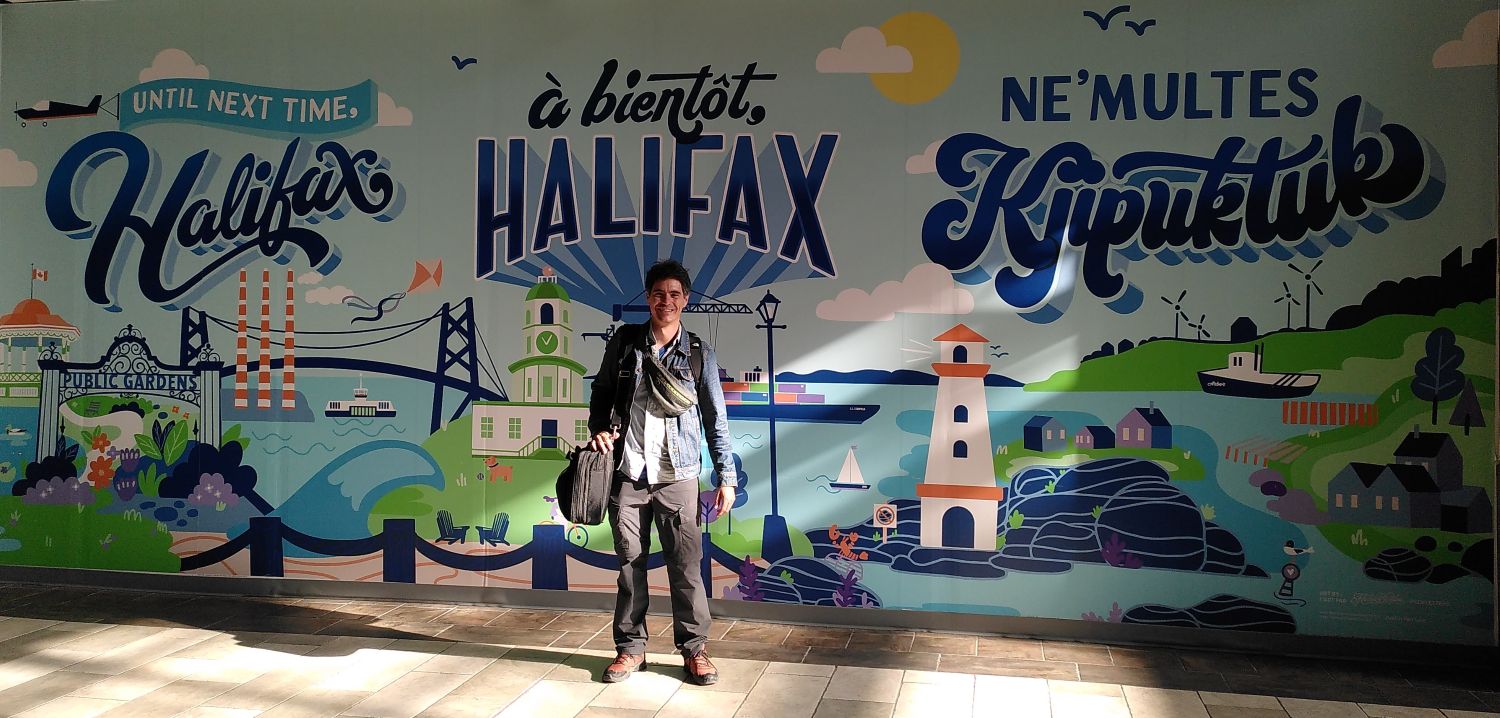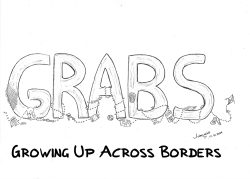
In late July, Juan Manuel Moreno, one of GRABS PhD candidates, travelled to K’jipuktuk-Halifax, in Eastern Canada for a two-week fieldwork and scoping visit.
K’jipuktuk-Halifax is the ancestral land of the Mi’kmaq who lived in these lands for over 11000 years. Today, K’jipuktuk-Halifax is the capital of what is known as the province of Nova Scotia which, before being colonised, formed part of Mi’kma’ki, the traditional and unceded territory of the Mi’kmaq. Located within the Northeastern Woodlands, Mi’kma’ki territory extended across all 4 provinces of today’s Atlantic Canada (Nova Scotia, New Brunswick, Prince Edward Island, and Newfoundland), the Gaspé Peninsula, and parts of the state of Maine, in today’s United States. Mi’kmaq Peoples include several Indigenous First Nations. K’jipuktuk means ‘Great Harbour’ in Mi’kmaw language.
In collaboration with Professor Evangelia Tastsoglou, one of GRABS partners based at the Department of Sociology at Saint Mary’s University, Juan Manuel was able to meet and connect with several local actors and community grassroot organisations involved in work with young people with experiences of forced displacement and migration.
Hosted by Prof. Tastsoglou, Juan Manuel was also able to give a presentation to academic colleagues and postgraduate students from various disciplinary backgrounds joining both online and in-person. The presentation included an introduction to the GRABS project – its rationale, participatory methodological approaches, and the case study locations of the research –, and an opportunity for the PhD candidate to gain feedback for his proposed PhD project ideas and fieldwork activities.
The visit was also an opportunity for Juan Manuel to walk and observe the place and its people. Some of the places Juan Manuel visited and explored included the Wije’winen Mi’kmaq Native Friendship Centre, a non-profit charity running culturally grounded programs, services, and community gatherings to support urban Indigenous people; the Canadian Museum of Immigration at Pier 21, where between 1928 and 1971 about 1.5 immigrants arrived, mostly from Europe during World War II; and Africville, a Black community located on the shores of Bedford Basin (north of K’jipuktuk-Halifax) which was demolished in the 1960s to allow for the construction of a bridge and extension of the railway network. In Africville, Juan Manuel visited the memorial park and museum and meet some of the former residents and descendants of the community who even invited him to attend their annual reunion.
During the autumn, Juan Manuel will coordinate with the local organisations and key informants he met during his stay to arrange his new fieldwork visits and activities in February and April-June 2026.

